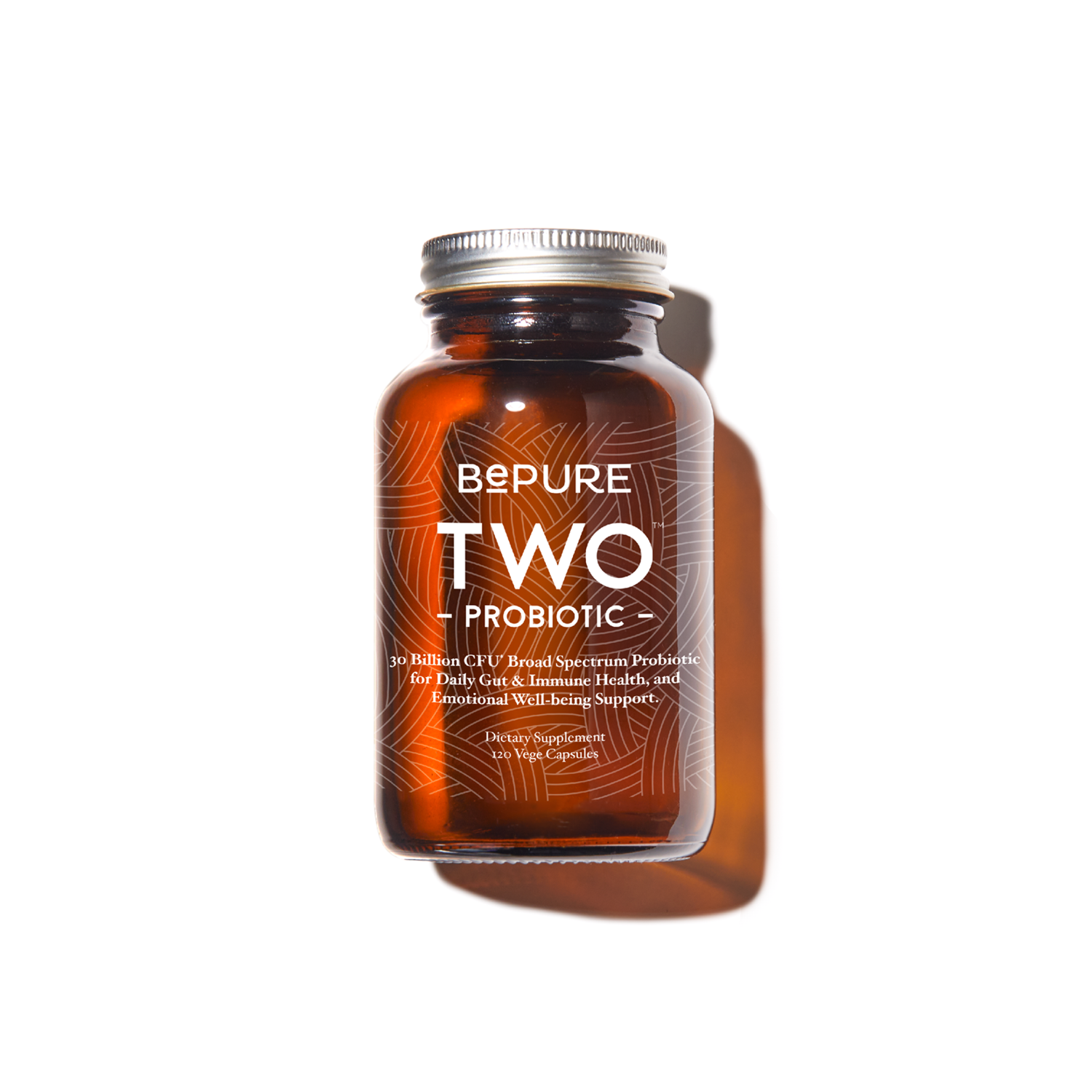Thinking of trying the Mediterranean diet? It’s more than just great food—it’s a lifestyle that combines fresh meals, active days, and good company. Not only is it good for your heart, but it also lifts your spirit by emphasising the joy of shared meals and savouring the simple pleasures in life.
The Mediterranean diet goes beyond nutrition. It’s about a balanced approach to eating and living—taking time to enjoy meals with family and friends, being physically active, and finding time for relaxation. The diet itself is rich in unprocessed plant foods, heart-healthy fats, and is naturally low in saturated fats, making it a sustainable and enjoyable way to support both physical and mental health.
Benefits of the Mediterranean Diet
Adopting the Mediterranean diet has been shown to offer a range of health benefits:
- Lower Cortisol Levels: The diet’s balanced approach helps reduce stress, leading to lower cortisol levels and an improved mood.
- Heart Health: With a focus on healthy fats and reduced saturated fats, the diet supports healthier cholesterol levels and blood pressure.
- Weight Management: The Mediterranean diet’s focus on whole foods and fibre-rich plants helps maintain a healthy weight without restrictive dieting.
- Anti-Inflammatory Benefits: Its rich variety of fruits, vegetables, nuts, and omega-3 fats helps reduce inflammation, which is linked to numerous chronic conditions.
What to Eat More of:
The Mediterranean diet emphasises plant-based, whole foods that are naturally nutrient-dense. Here’s a look at what to incorporate more of:
- Vegetables and Fruits: Fresh, seasonal produce should be a staple in every meal.
- Whole Grains: Opt for grains like quinoa, farro, barley, and oats.
- Legumes and Nuts: Beans, lentils, and nuts like almonds and walnuts provide fibre and healthy fats.
- Healthy Fats: Olive oil is the primary source of fat, rich in monounsaturated fats that are great for heart health.
- Fish and Seafood: High in omega-3 fatty acids, fish like salmon and sardines are a staple protein source.
What to Eat in Moderation:
- Dairy: Cheese and yogurt are part of the Mediterranean diet but are enjoyed in moderate portions.
- Poultry and Eggs: These can be eaten regularly but in smaller amounts compared to fish and plant-based proteins.
- Red Wine: A glass of red wine with dinner is a common Mediterranean tradition, but moderation is key.
What to Eat Less Frequently:
- Red Meat: While it’s not strictly excluded, red meat is eaten sparingly, perhaps only a few times a month.
- Processed Foods and Sugars: Sweets and highly processed foods are minimised in flavour of natural, whole-food options.
The Mediterranean diet is more than a way of eating—it’s a path to a balanced, fulfilling lifestyle that nourishes your body and soul. So, if you’re looking for a sustainable approach to health, consider giving the Mediterranean diet a try. Embrace its flavours, enjoy each meal, and experience the vitality that comes from a truly holistic way of life.



